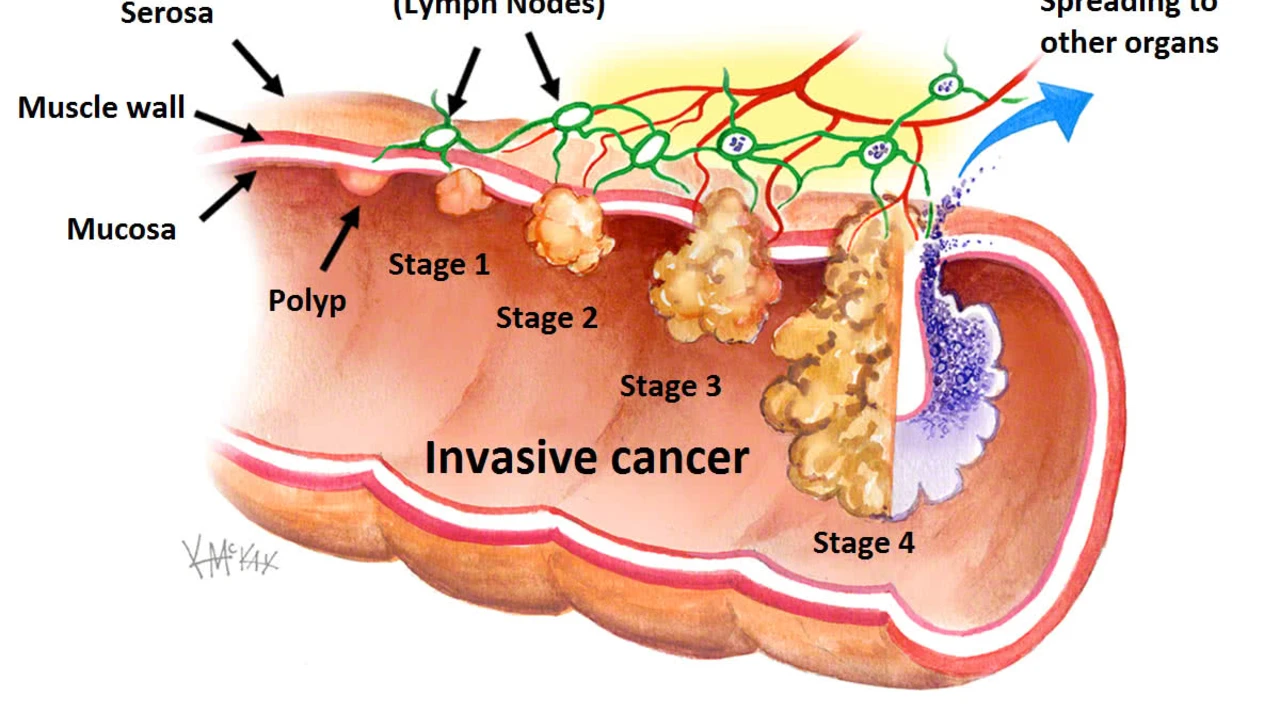Familial Adenomatous Polyposis: Facts, Risks, and Practical Advice
If you’re searching for real answers about Familial Adenomatous Polyposis (FAP), you probably care about more than statistics. Maybe a doctor mentioned it after a colonoscopy, or you have a family member facing this diagnosis. Either way, there’s a lot to unpack—so let’s break it down simply and get to what matters.
FAP is a rare inherited condition that causes hundreds—sometimes thousands—of polyps to grow in the colon and rectum. It usually pops up in the teenage years or early twenties, but can show earlier or later. Left unchecked, these polyps almost always develop into colon cancer before the age of 40. That’s the tough news. The good news? If it’s caught early and managed right, the risk of cancer drops dramatically.
Wondering about symptoms? At first, there might not be any. That’s what makes family history so critical. If a parent or sibling has FAP, screening often starts early—even before symptoms hit. Sometimes, warning signs show up late, like bloody stools, belly pain, or unexplained weight loss. But don’t wait for symptoms. If FAP runs in your family, talk to your doctor about genetic testing and start regular screenings years before you’d normally think about colon cancer.
Treatment often involves surgery to remove the colon—usually before cancer pops up. That sounds intense, but it has saved countless lives. Surgery options vary, and some newer techniques allow people to keep a decent quality of life. After surgery, regular checkups remain important, and sometimes medication helps slow polyp growth in the remaining digestive tract.
Dealing with FAP is more than just doctors and hospitals. People with FAP often face tough choices about screening, surgery, and even starting a family due to the risk of passing the gene on. Having a healthcare team that knows the disease, along with real support from others who get it, can make a world of difference. Support groups and online forums can help bridge that gap when friends and family haven’t been there.
What about the science? There’s hope here too. Research is ongoing for better drug options, improved surgical methods, and even gene therapies that may one day prevent this disease altogether. Standard treatments work best when the disease is caught early—another reason to take family history seriously and keep up with recommended checkups.
Managing FAP isn’t just about fighting a diagnosis. It’s about staying a step ahead, having honest conversations with your doctor, and not letting fear run the show. If you or someone you love is facing FAP, you’re not alone—and with the right knowledge, the future can look a lot brighter.
Prophylactic Surgery for Polyposis Syndromes: A Comprehensive Guide
Understanding the role of prophylactic surgery in the management of polyposis syndromes is vital for prevention and early intervention. This comprehensive guide delves into the different types of polyposis, the indications for surgery, and the intricate decision-making process involved. It also explores alternative treatments and post-surgery lifestyles, providing a thorough insight into navigating this complex area of healthcare.
